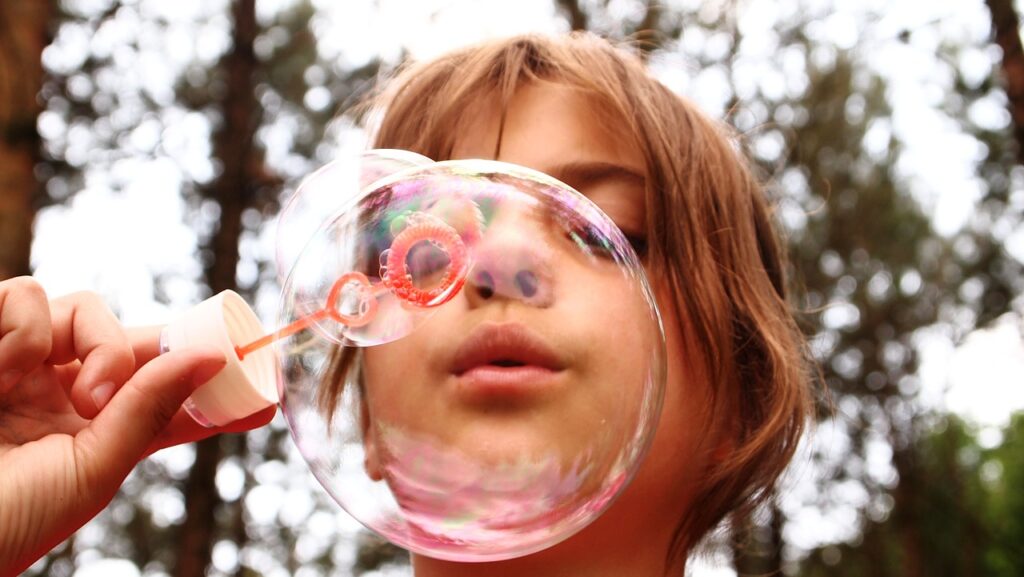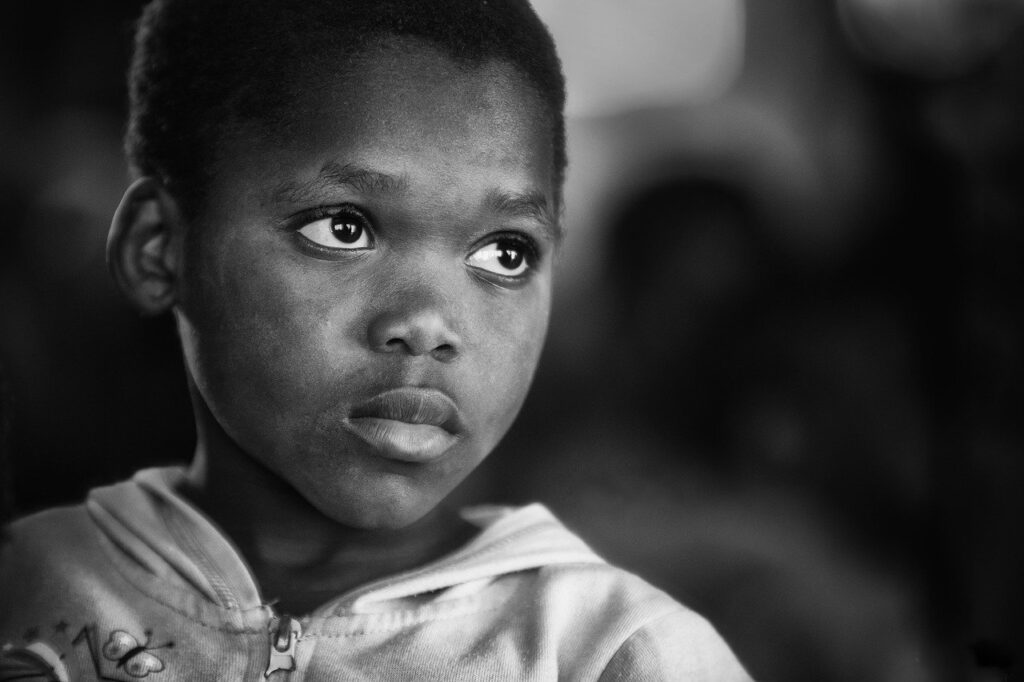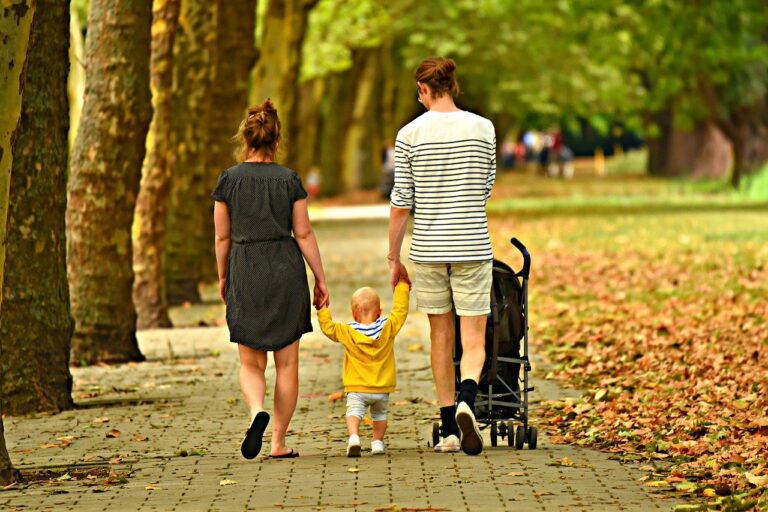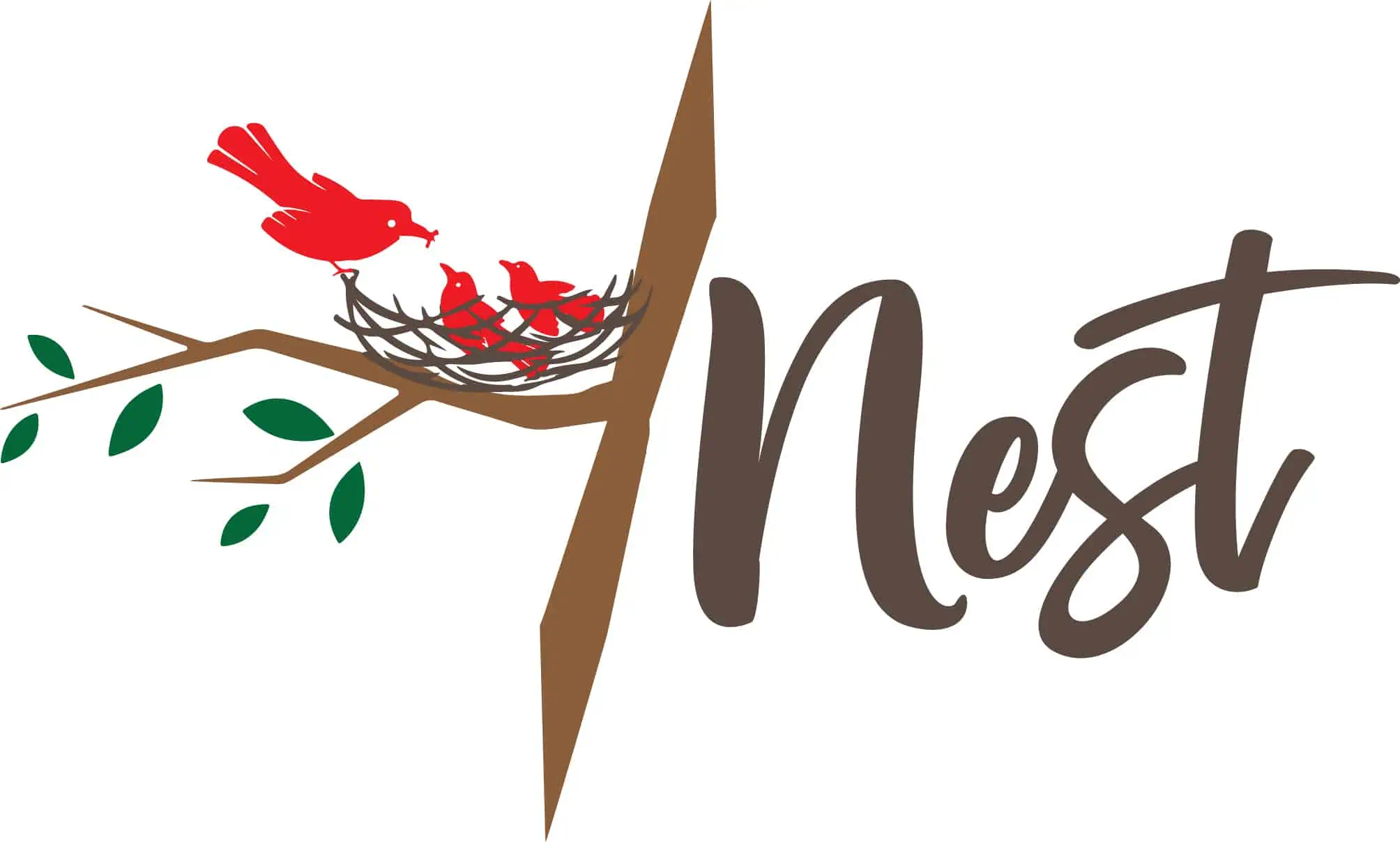Play Therapy
“Play is their language and toys are their words” (Landreth)
What is Play Therapy?
Child Centered Play Therapy (CCPT) is a specialised form of psychotherapy for children aged 2 -12+ years. It is a developmentally sensitive intervention that is non-directive and evidence based. Just as adults go to a talk based therapist for support during difficult times to work towards healing and growth; children are offered the same support from a play therapist in a way that makes sense to them….through play!
Play Therapy utilises play, children’s natural form of expression, to support children to express their feelings and to better understand their internal and external worlds. Toys are children’s words and play is their language.
Play Therapy has many benefits and allows children to gain an understanding of their world and to express their emotions. This process often significantly improves behaviours that parents, caregivers and teachers are finding challenging. Play Therapy can help with a range of social, emotional and behavioural concerns and specific goals are formulated for each child at the start of the process.
Nest Counselling and Consultation provides face to face mobile Play Therapy sessions across metropolitan Adelaide.

How Often Are Play Therapy Sessions And How Long Do They Go For?
Play Therapy sessions are weekly and usually 45 minutes in length. Wherever possible, appointments will be at the same time every week. Consistency and predictability are an important part of the therapeutic process. As Child Centred Play Therapy (CCPT) follows the child’s lead, it is difficult to predict how many sessions a child might need. In my experience, a child usually requires a minimum of 10 sessions and an average of 20 sessions to progress through the different stages of CCPT.

Types of Toys
A Play Therapy kit contains toys which might not be common in ordinary school and home settings. For example, the aggressive group of toys contains a toy gun, handcuffs, a rope and swords and the nurturing group of toys contains real baby bottles and dummies. These toys are specifically selected for developmental reasons and enhance the Play Therapy process for children. These types of toys are great at helping the child to communicate their feelings and needs. Limits are always put in place by the Play Therapist to prevent harm and the unacceptable use of toys. Please talk to the Play Therapist if you have any concerns.

What Should I Tell My Child About Coming To Play Therapy?
You can tell your child that they will be having a special play time. You may like to tell your child that this time is special because they can do most of the things they would like to do. If your child asks why they are going to Play Therapy, you could tell them that Play Therapy helps children when they are finding things hard at school, home or with friends.

How Will I Know How My Child Is Progressing In Play Therapy?
We can schedule parent reviews to discuss how your child is progressing through the various stages of Play Therapy. Confidentiality is a key element to the therapeutic process and a crucial component is a child feeling fully free to express themselves during the sessions. There are certain themes and stages that children work through in Play Therapy and we can talk about these during our review.
Why Play Therapy?
Play Therapy can support:
- Behavioural Challenges
- Emotional Regulation
- Grief and Loss
- Developmental Delays
- Social Skills Difficulties
- Neurodiversity
- Trauma and Attachment
- Medical Trauma
NDIS:
National Disability Insurance Scheme:
- Capacity Building
- Improved Daily Living: Therapeutic Supports
- Assessment, Recommendation, Therapy and/or Training
- Self Managed
- Plan Managed
